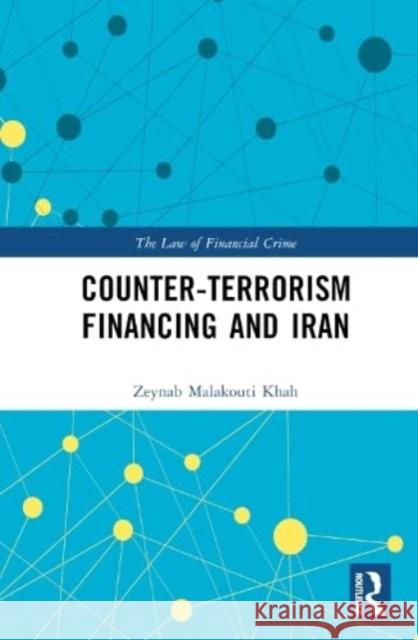Counter-Terrorism Financing and Iran » książka
topmenu
Counter-Terrorism Financing and Iran
ISBN-13: 9781032284934 / Twarda / 2023 / 208 str.
Counter-Terrorism Financing and Iran
ISBN-13: 9781032284934 / Twarda / 2023 / 208 str.
cena 759,15
(netto: 723,00 VAT: 5%)
Najniższa cena z 30 dni: 654,86
(netto: 723,00 VAT: 5%)
Najniższa cena z 30 dni: 654,86
Termin realizacji zamówienia:
ok. 22 dni roboczych.
ok. 22 dni roboczych.
Darmowa dostawa!
This book blends doctrinal and empirical research to examine the phenomenon of counter-terrorism financing at the level of both international and Iranian national law.











